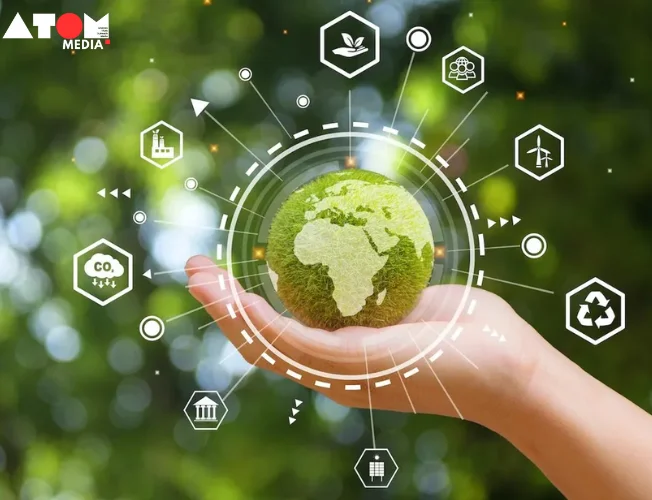In today’s world, the urgency to combat climate change and create a sustainable future has never been more pressing. High-tech innovations are emerging as powerful tools to address environmental challenges, offering promising avenues to reduce carbon emissions, conserve resources, and build resilience against the impacts of climate change. From renewable energy to sustainable agriculture, waste management, and green transportation, cutting-edge technology is reshaping industries, economies, and societies for the better.
Renewable Energy: Powering Our Future
Transitioning from non-renewable to renewable energy sources is crucial to mitigating climate change. Technologies like solar, wind, and geothermal energy are leading the charge towards a cleaner, more sustainable energy future. Advanced AI capabilities are being integrated into energy systems to optimize efficiency and reduce carbon footprint. AI-driven solutions are revolutionizing energy grid management and predicting renewable energy production, paving the way for a greener energy landscape.
Sustainable Agriculture: Cultivating a Greener Future
Modern agriculture is embracing advanced technologies to promote sustainability and environmental stewardship. Precision farming, powered by AI, allows farmers to monitor crop health, soil moisture levels, and weather patterns in real-time. This data-driven approach enables precise application of water, fertilizers, and pesticides, minimizing waste and environmental impact. AI-driven image recognition aids in early pest and disease detection, reducing reliance on chemical pesticides. Autonomous farming equipment guided by AI optimizes tasks, reduces fuel consumption, and maximizes yield. Innovations like genetic modification produce resilient crops, while vertical farming offers a sustainable solution to urban food production.
Waste Management: From Landfill to Resource Recovery
Transitioning to a circular economy is essential for sustainable waste management. Advanced recycling plants and waste-to-energy conversion methods are leveraging technology to reduce waste generation and minimize environmental damage. AI-based solutions optimize waste recognition and sorting systems, maximizing reclamation and resource recovery. Biotechnology plays a crucial role in developing biodegradable materials and enhancing recycling capabilities, contributing to a more sustainable waste management ecosystem.
Green Transportation: Redefining Mobility
Greenhouse gas emissions from transportation systems pose significant environmental challenges. The development of electric vehicles and battery technologies is revolutionizing the automotive sector, offering sustainable alternatives to traditional combustion engines. Autonomous vehicles powered by AI have the potential to transform mobility by improving traffic flow, reducing accidents, and increasing efficiency. Investments in public transportation infrastructure, such as electric buses and high-speed rail, are creating sustainable options for urban commuters.
Looking Forward: A Sustainable Tomorrow
Innovation and high-tech solutions are key to achieving a greener, cleaner future for generations to come. Embracing advanced technologies and fostering collaboration are essential components of the journey towards sustainability. By integrating cutting-edge innovations with indigenous solutions and collective efforts, we can pave the way for a more sustainable and resilient world.
In conclusion, high-tech innovations offer promising solutions to address environmental challenges and create a sustainable future. By leveraging technology and embracing innovation, we can build a greener, cleaner world for future generations.
Read more: Marketing News, Advertising News, PR and Finance News, Digital News





